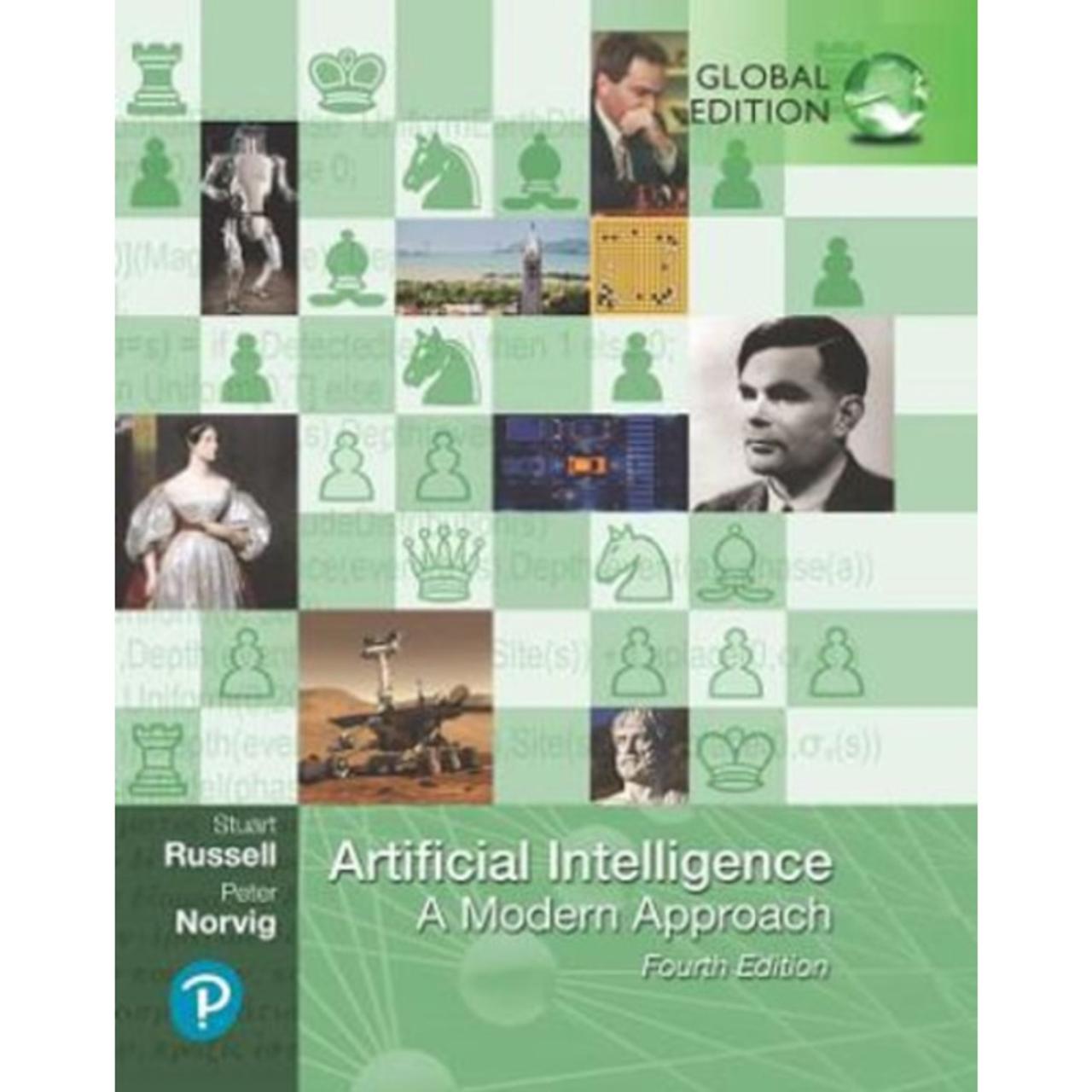Embark on an intellectual journey with “The Mind’s Machine 4th Edition PDF,” a groundbreaking work that delves into the intricate workings of the human mind. This seminal text offers a comprehensive exploration of the biological foundations, cognitive processes, emotional experiences, social influences, and clinical applications that shape our mental landscape.
Through a blend of scientific rigor and accessible language, “The Mind’s Machine” illuminates the neural networks that underpin our thoughts and behaviors, unravels the complexities of memory and decision-making, and explores the profound impact of emotions on our well-being. Prepare to gain a deeper understanding of the human mind and its remarkable capacity for perception, cognition, and adaptation.
1. Introduction
The “mind’s machine” refers to the complex biological and cognitive processes that underlie our mental life. It is a central concept in psychology, providing a framework for understanding how our brains and minds work together to create our experiences, thoughts, and behaviors.
“The Mind’s Machine 4th Edition PDF” is a comprehensive textbook that explores the latest research and theories in the field of cognitive psychology. It provides a thorough overview of the biological foundations of the mind, cognitive processes, emotional processes, social and cultural influences, and clinical applications.
2. Biological Foundations of the Mind

The Brain and Nervous System
The brain and nervous system are the physical structures that make up the mind’s machine. The brain is a complex organ that controls our thoughts, emotions, and behaviors. It is divided into two hemispheres, each of which is responsible for different functions.
The left hemisphere is responsible for language, logic, and analytical thinking, while the right hemisphere is responsible for visual-spatial processing, creativity, and emotions.
The nervous system is a network of nerves that connect the brain to the rest of the body. It transmits signals between the brain and the body’s organs and muscles, allowing us to interact with our environment.
Neural Networks
Neural networks are interconnected groups of neurons that process information in the brain. They are the basic units of cognition and are responsible for our ability to learn, remember, and think.
Brain Imaging Techniques
Brain imaging techniques, such as fMRI and PET scans, allow researchers to visualize the brain’s activity in real time. These techniques have greatly advanced our understanding of the mind and have helped us to identify the neural correlates of different cognitive processes.
3. Cognitive Processes

Perception
Perception is the process of interpreting sensory information from our environment. It involves organizing and giving meaning to the stimuli that we receive through our senses.
Attention, The mind’s machine 4th edition pdf
Attention is the ability to focus our mental resources on a particular stimulus or task. It allows us to select the information that is most relevant to our current goals and to ignore distractions.
Memory
Memory is the ability to store and retrieve information. It is essential for learning and for our ability to function in the world.
Problem-Solving
Problem-solving is the process of finding a solution to a problem. It involves using our cognitive resources to generate and evaluate different options.
4. Emotional Processes

The Nature of Emotions
Emotions are complex psychological states that involve physiological arousal, subjective feelings, and expressive behaviors. They play a vital role in our social interactions and in our overall well-being.
Theories of Emotion
There are several different theories of emotion, each of which proposes a different explanation for how emotions work. Some of the most influential theories include the James-Lange theory, the Cannon-Bard theory, and the Schachter-Singer theory.
Emotional Regulation
Emotional regulation is the ability to manage our emotions in a healthy way. It involves being able to identify and understand our emotions, and to respond to them in a constructive manner.
FAQ Section: The Mind’s Machine 4th Edition Pdf
What is the significance of “The Mind’s Machine 4th Edition PDF”?
This updated edition provides a comprehensive overview of the latest research and advancements in the field of psychology, offering a valuable resource for students, researchers, and practitioners.
How does “The Mind’s Machine” approach the study of the mind?
It takes an interdisciplinary approach, drawing on insights from biology, cognitive science, and social psychology to provide a holistic understanding of the mind’s functions and processes.
What are the key topics covered in “The Mind’s Machine”?
The book explores the biological foundations of the mind, cognitive processes, emotional experiences, social and cultural influences, and clinical applications of psychology.